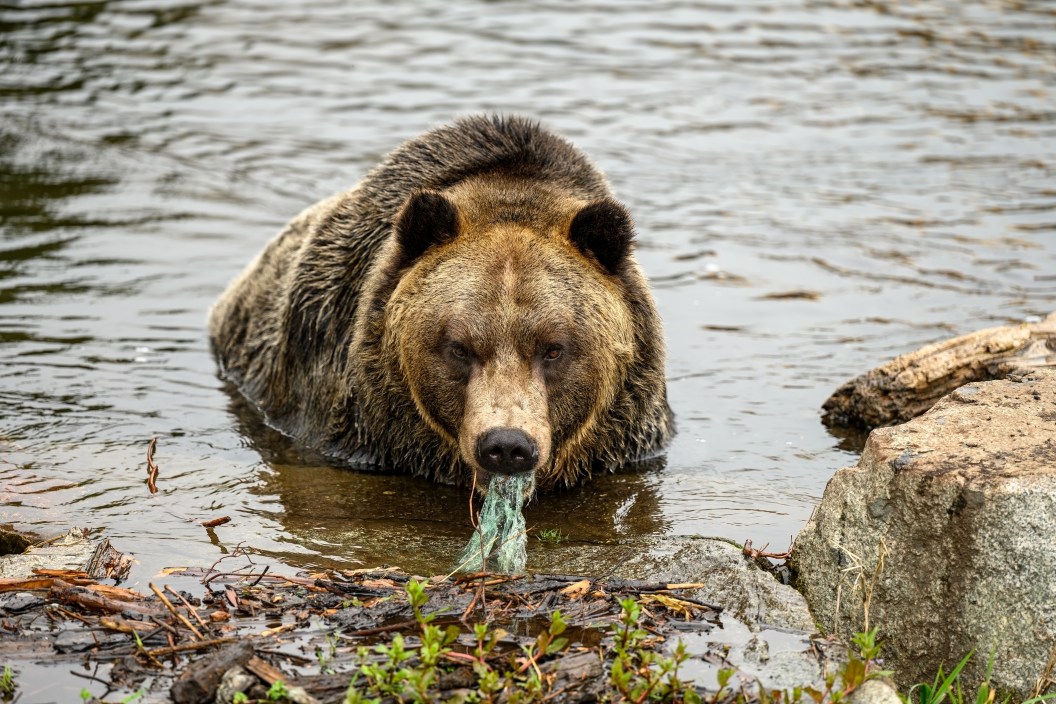National parks should be kept pristine for generations to come, which is why visitors are encouraged to practice Leave No Trace Principles. However, plastic waste continues to plague the parks. In fact, this is the second year in a row where single-use plastics are the most commonly found pieces of litter in national parks, according to a press release from the Plastic-Free Parks TrashBlitz. Volunteers collected trash in 199 collection hauls, logging over 8,000 pieces of trash into the TrashBlitz database.
The annual program is put on by 5 Gyres, a non-profit group dedicated to answering questions about plastic pollution and finding solutions to it. The roundup spans eight months, from April through November, with hundreds of volunteers gathering remnants from many recognizable brands. The top 10 items collected were food wrappers, wipes, bottles and bottle caps, cigarette butts, film, and bags. The organizers also said that the pieces of trash came from recognizable brands such as Coca-Cola, McDonald's, Starbucks, Marlboro, Camel, Gatorade, and Budweiser.
In addition to its own cleanup data, TrashBlitz also cited data from Yosemite Facelift, an annual program whose goal is to beautify Yosemite National Park—a program that drew almost 1,500 volunteers and removed 10,432 pounds of trash.
Despite how disappointing the findings are, there is a glimmer of hope. Plastic was only 66% of the material collected in 2023, down from 81% in 2022. But the improvement does not mean that we can ease up on limiting single-use plastics in the parks.
"Our national parks and federal lands are the last bastion of preserved wilderness in our country. TrashBlitz data serves as a proverbial canary in the mine of plastic pollution and a barometer to ascertain a baseline understanding of waste trends in national parks," said Alison Waliszewski, director of programs and policy for the 5 Gyres Institute. "The trash data analyzed serves as an irrefutable reflection of how we urgently need to protect our communities, lands, and waterways from the threat of plastic pollution—which is inextricably linked to the climate crisis and impacts public health."
A step in the right direction would be the passage of the Reducing Waste in National Parks Act, legislation that bans the sale of single-use plastic water bottles within national parks. To get a clearer picture of plastic trends in parks throughout the United States, TrashBlitz will look at expanding its data collection points so it can collect more accurate information.
READ MORE: Researcher Removes Plastic Straw Lodged in Turtle's Nose




